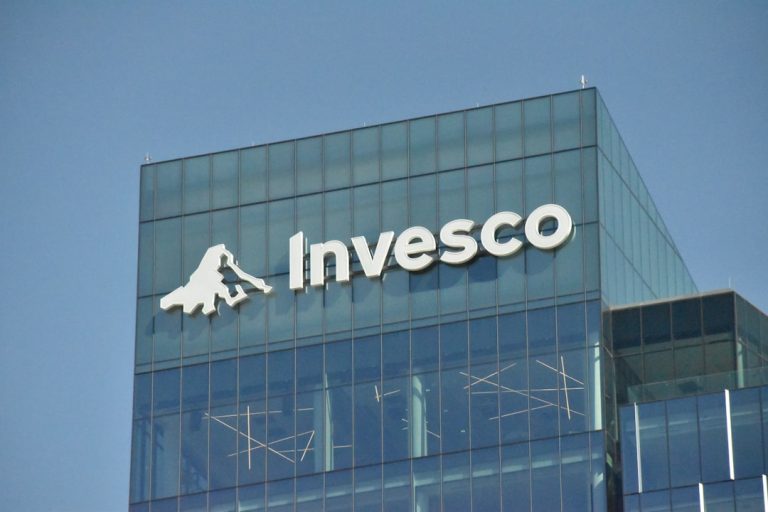Learn about direct indexing and other tax-efficient investing strategies for UK investors from our Director of Investments, Stephen Tuckwood.
Introduction
In the evolving landscape of UK investments, tax-efficient portfolio management has become paramount for both individual investors and startups. Leveraging strategies that minimize tax liabilities can significantly enhance overall returns and foster sustainable growth. This blog delves into the intricacies of tax-efficient investing, highlighting modern approaches such as direct indexing and the pivotal role of platforms like Oriel IPO in democratizing investment opportunities.
Understanding Tax-Efficient Investing
Tax-efficient investing involves structuring your investment portfolio to minimize tax liabilities, thereby maximizing your net returns. This strategic approach is particularly beneficial in the UK, where various tax laws can impact investment outcomes. By integrating tax-efficient strategies, investors can retain more of their earnings and better align their investments with financial goals.
The Importance of Tax Efficiency
Taxes can erode investment returns, especially for those who invest outside of tax-advantaged accounts. Effective tax management ensures that investors retain a larger portion of their gains, contributing to long-term wealth accumulation.
Key Strategies for Tax-Efficient Portfolio Management
Direct Indexing
One of the forefront strategies in tax-efficient investing is direct indexing. Unlike traditional ETFs or mutual funds, direct indexing allows investors to own individual securities directly, providing greater control over their portfolios.
How Direct Indexing Works
Direct indexing involves purchasing the individual components of an index, such as the S&P 500, rather than investing in a single fund that tracks the index. This method enables investors to:
- Customize Holdings: Exclude specific stocks that do not align with personal values or investment criteria.
- Tax-Loss Harvesting: Offset gains with losses by selectively selling underperforming securities.
- Control Cost Basis: Manage the cost basis of individual investments to optimize tax implications.
SEIS/EIS Tax Incentives
For UK startups and investors, the Seed Enterprise Investment Scheme (SEIS) and Enterprise Investment Scheme (EIS) offer significant tax reliefs, encouraging investment in early-stage companies. These schemes provide:
- Income Tax Relief: Investors can receive up to 50% income tax relief for SEIS and 30% for EIS on their investments.
- Capital Gains Tax Exemption: Gains from SEIS/EIS investments may be exempt from capital gains tax under certain conditions.
- Tax Deferral: Capital gains from other investments can be deferred by reinvesting in EIS.
Oriel IPO: Revolutionizing Tax-Efficient Investing
Oriel IPO stands out as an innovative online investment marketplace tailored to the UK startup ecosystem. Launched in early 2024, Oriel IPO bridges the gap between startups seeking funding and angel investors looking for high-potential opportunities with tax incentives.
Key Features of Oriel IPO
- Commission-Free Funding: Eliminates traditional commission fees, making funding more accessible for startups and investors.
- Curated Investment Opportunities: Offers a selection of vetted startups eligible for SEIS/EIS, ensuring informed investment decisions.
- Educational Resources: Provides comprehensive guides and tools to help users navigate tax-efficient investing strategies.
- Subscription-Based Access: Utilizes a tiered subscription model, enabling scalable access to premium content and features.
Benefits for Investors and Startups
For investors, Oriel IPO offers:
- Enhanced Tax Efficiency: Leveraging SEIS/EIS incentives to maximize tax benefits.
- Diverse Portfolio Options: Access to a wide range of startups across various industries.
- Community Support: Engaging with a network of like-minded investors and entrepreneurs.
For startups, the platform provides:
- Access to Capital: Facilitates connections with angel investors without the burden of high fees.
- Strategic Growth: Supports business expansion through targeted funding and industry engagement.
- Educational Insights: Empowers entrepreneurs with knowledge on maximizing investment benefits.
Benefits and Drawbacks of Tax-Efficient Investing
Benefits
- Maximized Returns: Retain more earnings by minimizing tax liabilities.
- Personalized Investment: Tailor portfolios to align with personal values and financial goals.
- Strategic Growth: Utilize tax incentives to support business expansion and innovation.
Drawbacks
- Complexity: Implementing tax-efficient strategies requires a thorough understanding of tax laws and investment principles.
- Administrative Overhead: Managing individual securities can lead to increased paperwork and tracking requirements.
- Potential Costs: While competitive, some tax-efficient strategies may involve higher fees compared to traditional investment methods.
Conclusion
Tax-efficient portfolio management is an essential component of modern investing in the UK, offering investors and startups alike the means to enhance returns and foster sustainable growth. By embracing strategies such as direct indexing and leveraging platforms like Oriel IPO, individuals can navigate the complexities of tax laws and optimize their investment outcomes.
Get Started with Tax-Efficient Investing Today
Are you ready to optimize your investment strategy through tax-efficient portfolio management? Visit Oriel IPO to explore curated investment opportunities, leverage SEIS/EIS incentives, and join a community dedicated to empowering UK startups and investors.



